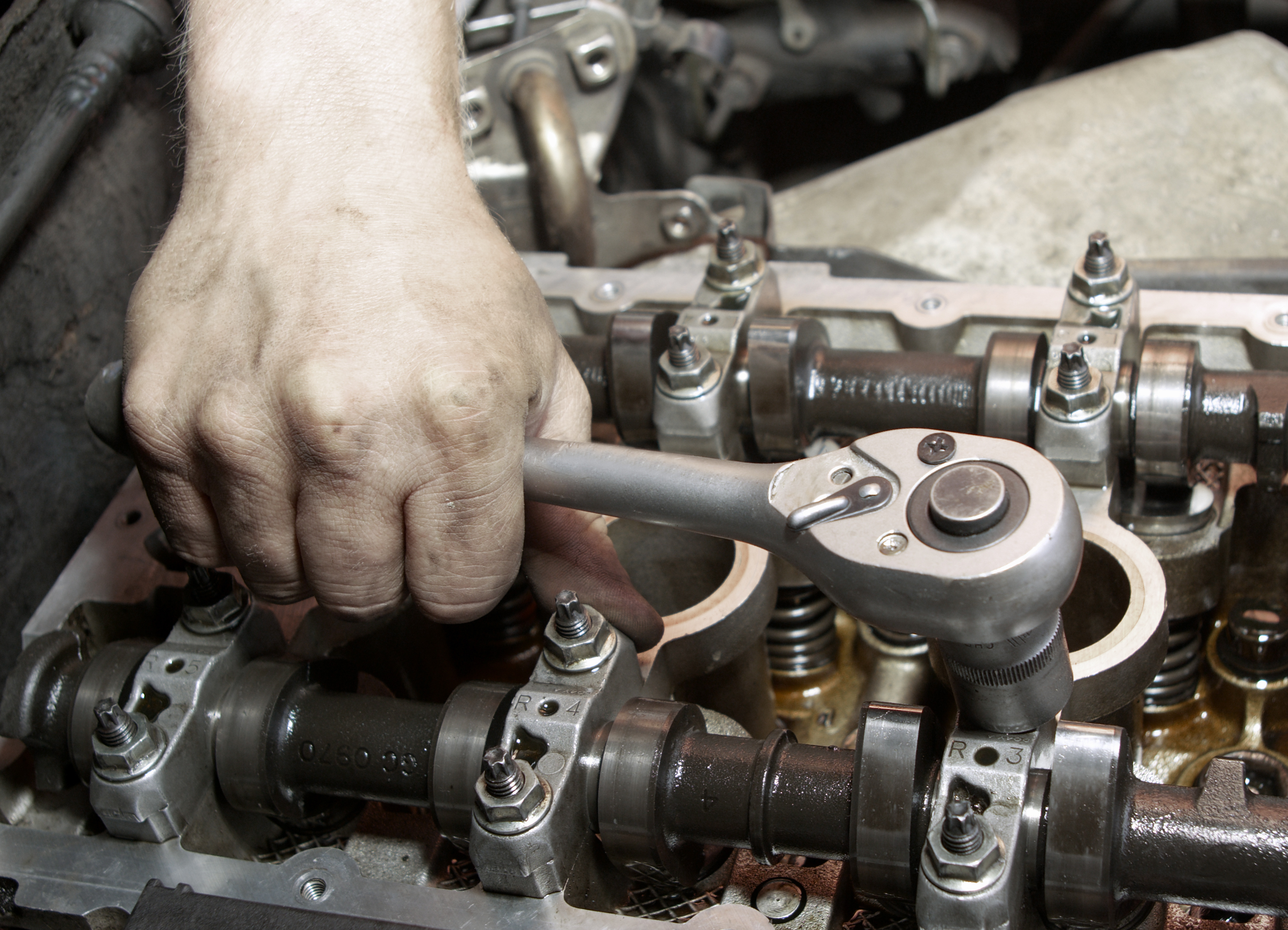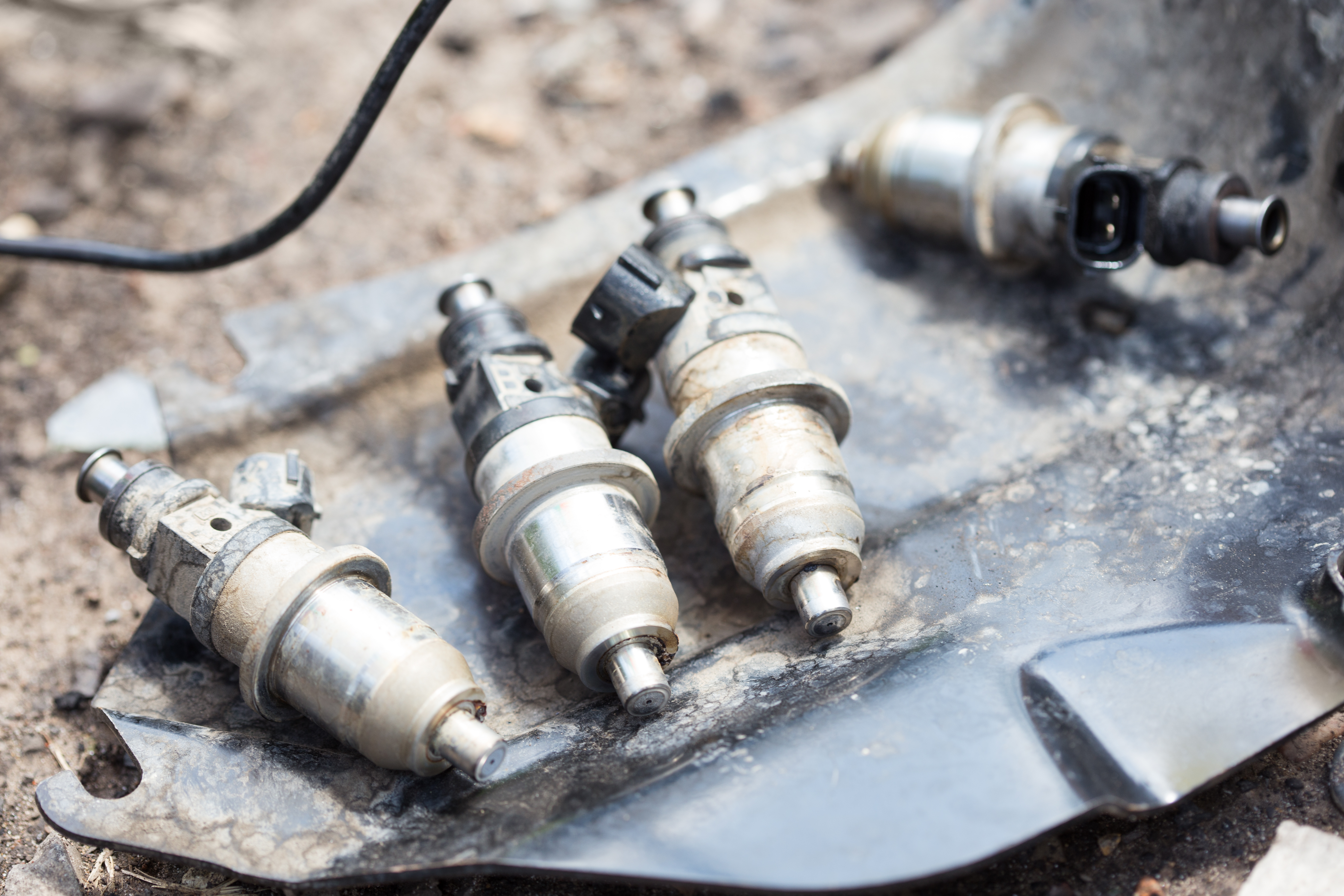Posted on 4/1/2022

One of the most common problems to occur in the vacuum system is a leak. A vacuum leak refers to any leak that occurs between the engine and the mass airflow system. A leak can influence a vehicle’s fuel efficiency as well as potentially damage the engine. Upon discovering any symptoms that may indicate a vacuum leak, a certified mechanic must examine the situation to not risk the possibility of severe engine damage. WHY IS A VACUUM LEAK DANGEROUS? When there is a vacuum leak, the air to enter the system is unmetered, which has a domino effect of possible miscalculations. If unmetered air is entering the system, the amount of air becomes higher than it should be. The mass airflow sensor measures the amount of the air and it will be inaccurate, which in turn results in a miscalculation of the amount of fuel injected causing your engine to run on lean, which refers to when the fuel in your ignition is either too little or high, in this case too high. WHAT IS THE SEVERITY O ... read more
Posted on 3/15/2022

If you’ve been driving for any length of time, you know how important your steering system is. Without this component, you wouldn’t be able to stay in control of your car. When it’s working the way it should, you probably don’t think about your steering wheel. However, if something goes wrong and it’s incredibly difficult to steer your vehicle, then all you can think about is getting it fixed. Finding out why it’s hard to turn your wheel is important and should be taken care of as soon as possible. Taking it to a professional is in your best interest, as they’ll be able to quickly and accurately determine what is wrong and fix it. There are many different reasons why your power steering system might be hard to move, and the most common are listed below. LOW POWER STEERING FLUID LEVELS One of the most common reasons why you may find it hard to turn your steering wheel is because your vehicle is low on power steering fluid. This fluid is needed t ... read more
Posted on 3/1/2022

A car transfer case is the place where power in a four-wheel-drive car is transferred to the back wheels. The majority of cars have front-wheel drive, but a transfer case is needed to send power to the back wheels. The case itself is the place where the prop shaft connects to both the back wheels and the engine. When you have the option to switch between two-wheel and four-wheel drive, you could put even more stress on the transfer case because it is turning on and off. There are a few tips below that will help you keep your transfer cases in good shape. HOW DOES THE TRANSFER CASE WORK? The transfer case accepts the prop shaft, and the prop shaft delivers power from the engine. However, the transfer case needs to help turn the back wheels when you are in four-wheel drive. This means that the transfer case is both helping the car move and helping the four-wheel-drive system stay aligned. Most of the parts of your car do not have multiple jobs to do, and that is why transfer cases ca ... read more
Posted on 2/15/2022

A car cannot safely operate without a water pump. A water pump maintains the necessary car temperature for a car to be functionable through a series of operations. HOW DOES A WATER PUMP WORK? A water pump uses an impeller blade, also referred to as a rotor, which is the part of the pump that rotates to push the water out from the center of rotation. It moves through the engine block, which is the metal structure containing the cylinder, oil passages, cooling jacket, and crankcase which altogether transfers heat from friction to the atmosphere and engine coolant, then through the hoses and radiator, maintaining the proper temperature. For your car to submit to high temperature conditions and run smoothly and cooly, a vehicle’s engine needs coolant to flow through the radiator and engine. The water pump perpetuates that rotation to consitently maintain an operatative temperature. When there is an issue with the water pump, the temperature will not be maintained and your ... read more
Posted on 2/1/2022

Spark plugs play an instrumental part in powering up your vehicle. It is essential for the safety of the driver as well as the life of your vehicle that they are in good condition. Disastrous misfires can occur if a vehicle is started when they need replacing. As a result, very costly repairs can follow because driving with misfiring spark plugs can put excessive, inordinate stress on a vehicle’s catalytic converter, which is an engine’s exhaust cleaner. HOW DO SPARK PLUGS OPERATE? A spark plug by definition is a device that transports electric current from the ignition system of a vehicle to the combustion chamber of a spark-ignition engine. That transportation ignites the mixture of the compressed fuel and air by an electric spark, while containing combustion pressure within the engine. They only remove heat and cannot create it. They operate as a heat exchanger pulling unwanted thermal energy from the combustion chamber to the engine cooling system. ... read more